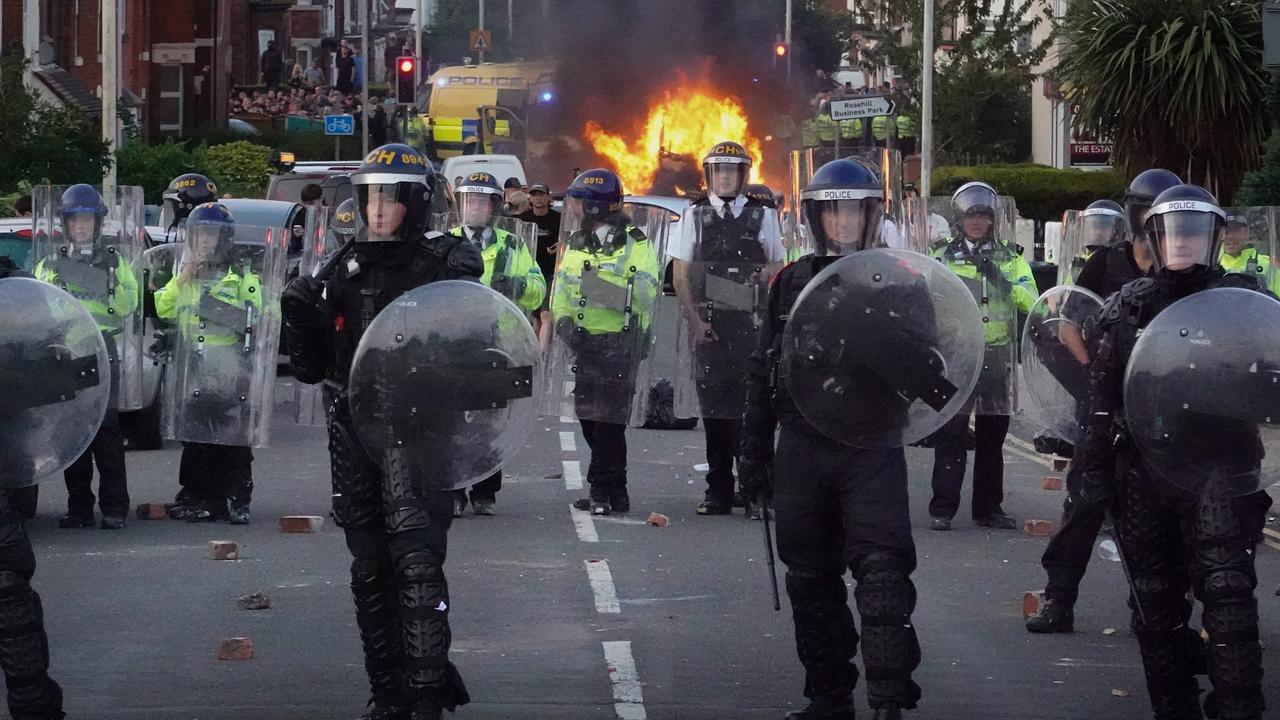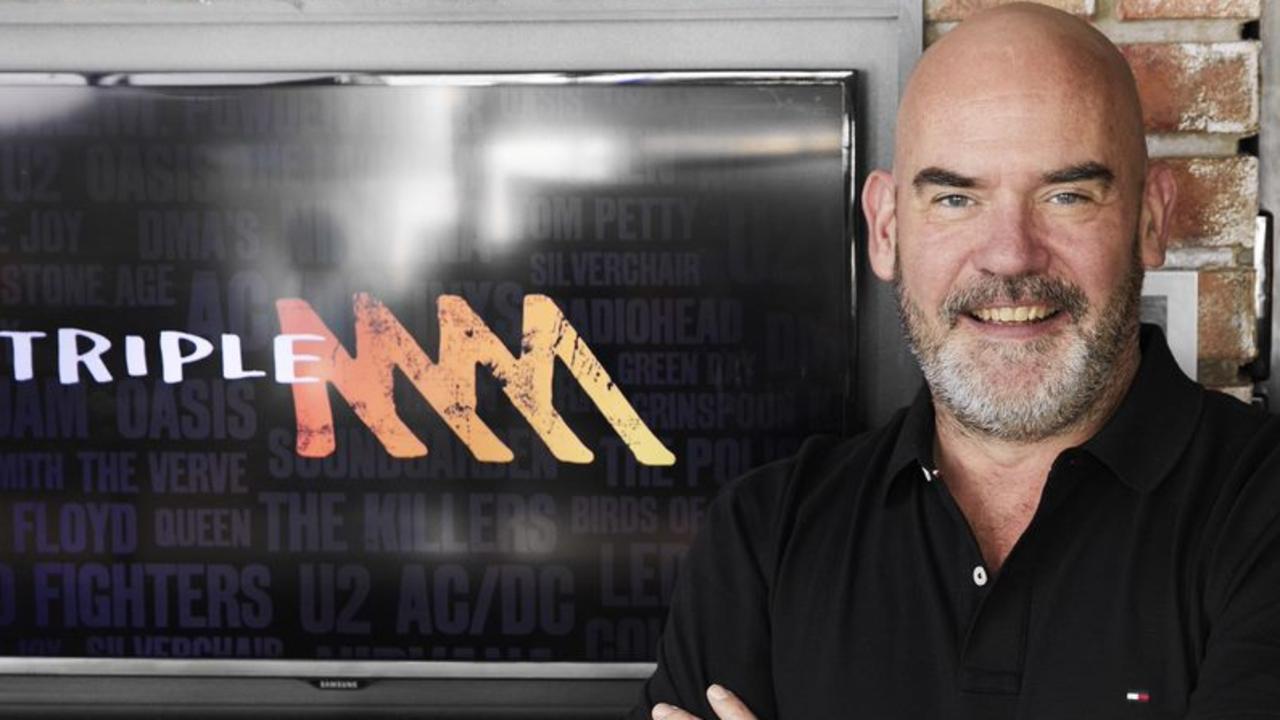We live in a time where people only believe what they want to | David Penberthy
In this era of fake news and alternate facts, a factually-based account of a news event will be seen by the angry nuts as a big con job, writes David Penberthy.

Opinion
Don't miss out on the headlines from Opinion. Followed categories will be added to My News.
One of the illuminating things about working on talkback radio is that you get real time political analysis of major events from your listeners.
Some people are resolutely left-wing, others committed conservatives, a lot of us meander around in the middle and see good people and good ideas and bad people and bad ideas across the political divide.
One innocuous example from this week: the Albanese Government’s $3.6 billion package funding a 15 per cent pay rise for childcare workers.
Some listeners thought this long-overdue recognition for workers who had been historically unrewarded, and something which could attract new and talented people to the vital early childhood space.
Others saw it as yet another example of Albanese Government profligacy which would drive up inflation, make interest rate relief less likely, and ultimately mean childcare workers and every other worker continued to be clobbered by cost of living concerns.
They’re both defensible arguments, the authors of which are free to slug it out.
Where radio can get not so much illuminating as unnerving is with the texts you receive from people who are so ideologically-driven as to be obsessive and angry.
We get all our texts in unedited form, and we got a couple the other week when the horrifying news broke that a group of children had been stabbed at a dance class in the British town of Southport.

We didn’t dive headlong into this story, for two reasons, the first being taste and the second being accuracy.
We instinctively did not think that our wonderful listeners would have been up for a no-holds-barred account of something so utterly grotesque while they were getting their own kids and grandkids ready for school.
More importantly, we did not know precisely what had happened.
We knew there had been an attack, but we didn’t know who had done it, or why.
We got an all-caps text demanding we tell THE TRUTH about what was going on in the UK.
The listener wanted to know why we weren’t telling our listeners WHAT REALLY HAPPENED, accusing us of being part of a politically correct conspiracy of silence.
This was despite us having said on air that there were suspicions the attack may have been one of Islamic terror, based on other comparable atrocities against civilians in western Europe, but that the British Police were insisting terror was not a motive.
Even that wasn’t enough in the eyes of this listener. We had been “got to”. We were part of a bigger campaign to hide the truth.
When some actual facts had later emerged, including the confirmation days later that the attacker was British-born with ancestry from the 92 per cent Christian nation of Rwanda, we never received a text from our listener chum saying the whole thing had turned out to be an important learning experience.
That’s because, these days, there are a sizeable number if people who only believe what they want to believe because it gels with their convictions and prejudices.
There is, of course, a place for these people. It’s called social media.
Sometimes this phenomenon is harmless enough.
If you don’t think the moon landing happened, that’s fine, I guess. It doesn’t make you dangerous, just stupid, and there are plenty of websites out there for you.
Believing 9/11 was an inside job is a bit of an insult to everyone who died there, but again, it doesn’t really mean that you pose a threat to the community.

But where it gets really dangerous is with the genuinely hideous stuff, something as vile as in Southport, where people are licking their lips hoping their imagined version of an atrocity is true, and still believing their version anyway when the facts don’t support their hunch.
Now, social media alone clearly does not explain the tensions playing out in Britain right now. They are a reminder that countries need an orderly migration program, and that western countries should be more forthright in outlining the liberal values by which all new citizens and residents must abide.
But with those caveats, the specific driver behind this violence is a complete lie driven on social media about the identity of the young man who murdered three children.
This had nothing whatsoever to do with religion, in the same way the horror at Bondi Junction had nothing to with religion, but everything to do with the treatment and management of severe mental illness.
The problem is that, these days, a lot of people will simply believe what they want to believe. And in this era of fake news and alternate facts, a soberminded and factually-based account of a news event will be seen by the angry or nutty as one big con job.
That’s why we find ourselves in the position we are in with ASIO jacking up the terror threat from possible to probable.
The companies which made billions on a promise of making the world a more sociable place have made it a less sociable one, by creating a publishing platform where any old piece of fabricated, incendiary crap can be catapulted around the world in record time, and where a social media site can effectively become a real-time riot organiser.
The added miserable bonus is that there are no mandated or verified rules surrounding how young or old you have to be to access any of it.
So here we are.
The dangerous among us are more unpersuadable than ever, and younger than ever, thanks to a digital world where facts don’t matter, effective moderating doesn’t exist, and anyone old enough to operate an iPad can watch and read pretty much whatever they like.
Against that backdrop, this week’s ASIO advice is the least surprising news story of 2024.
Originally published as We live in a time where people only believe what they want to | David Penberthy










